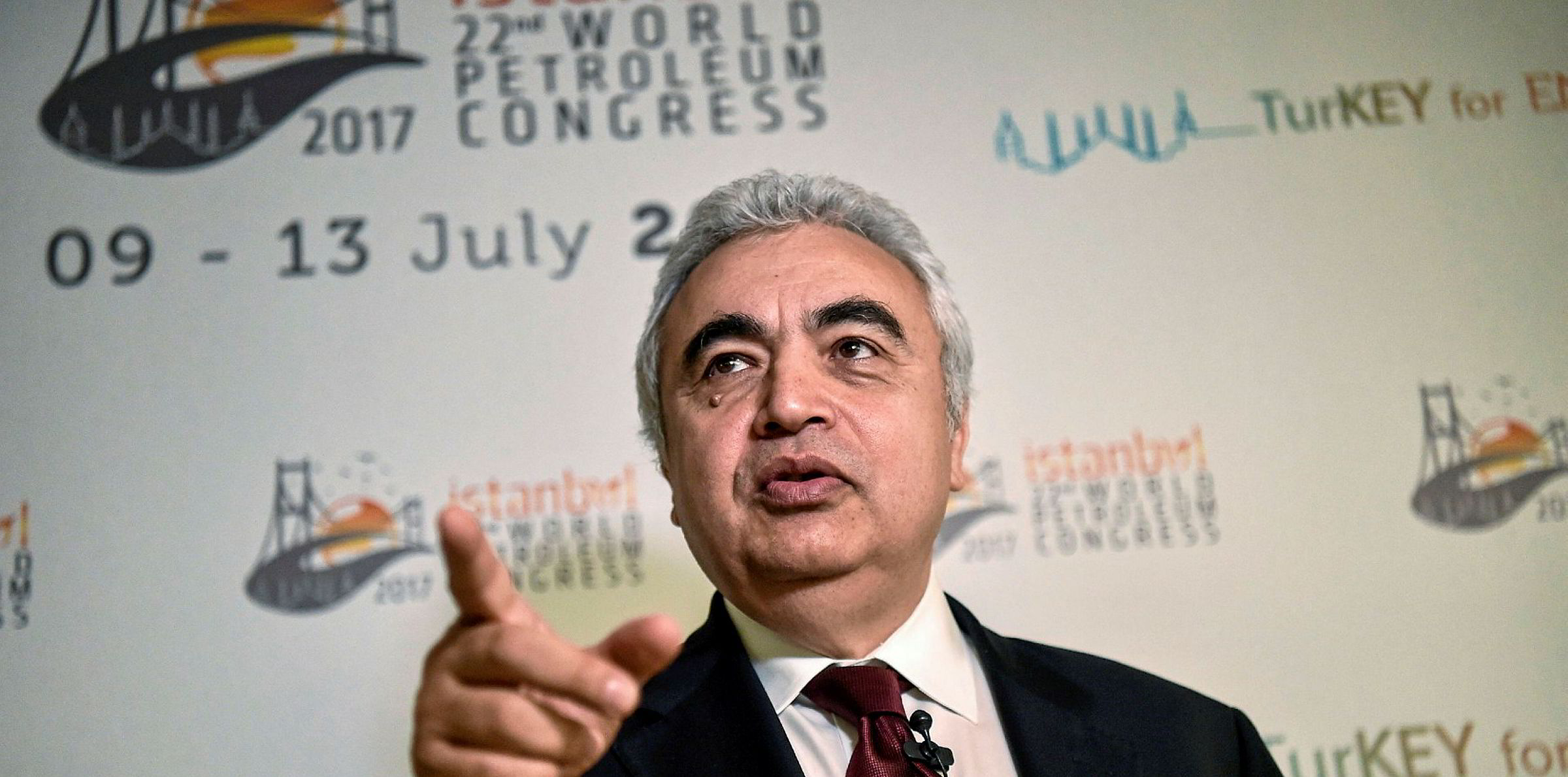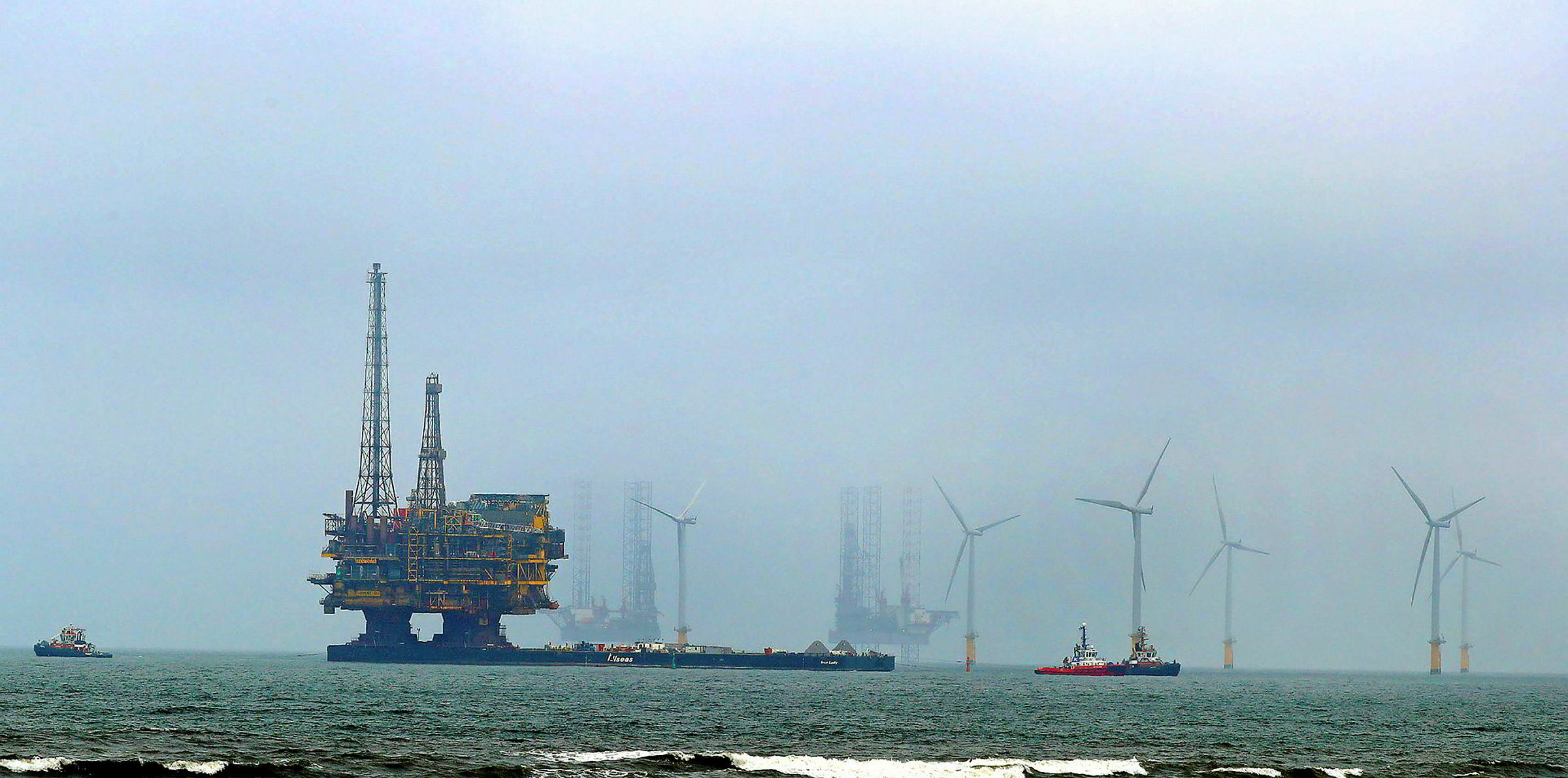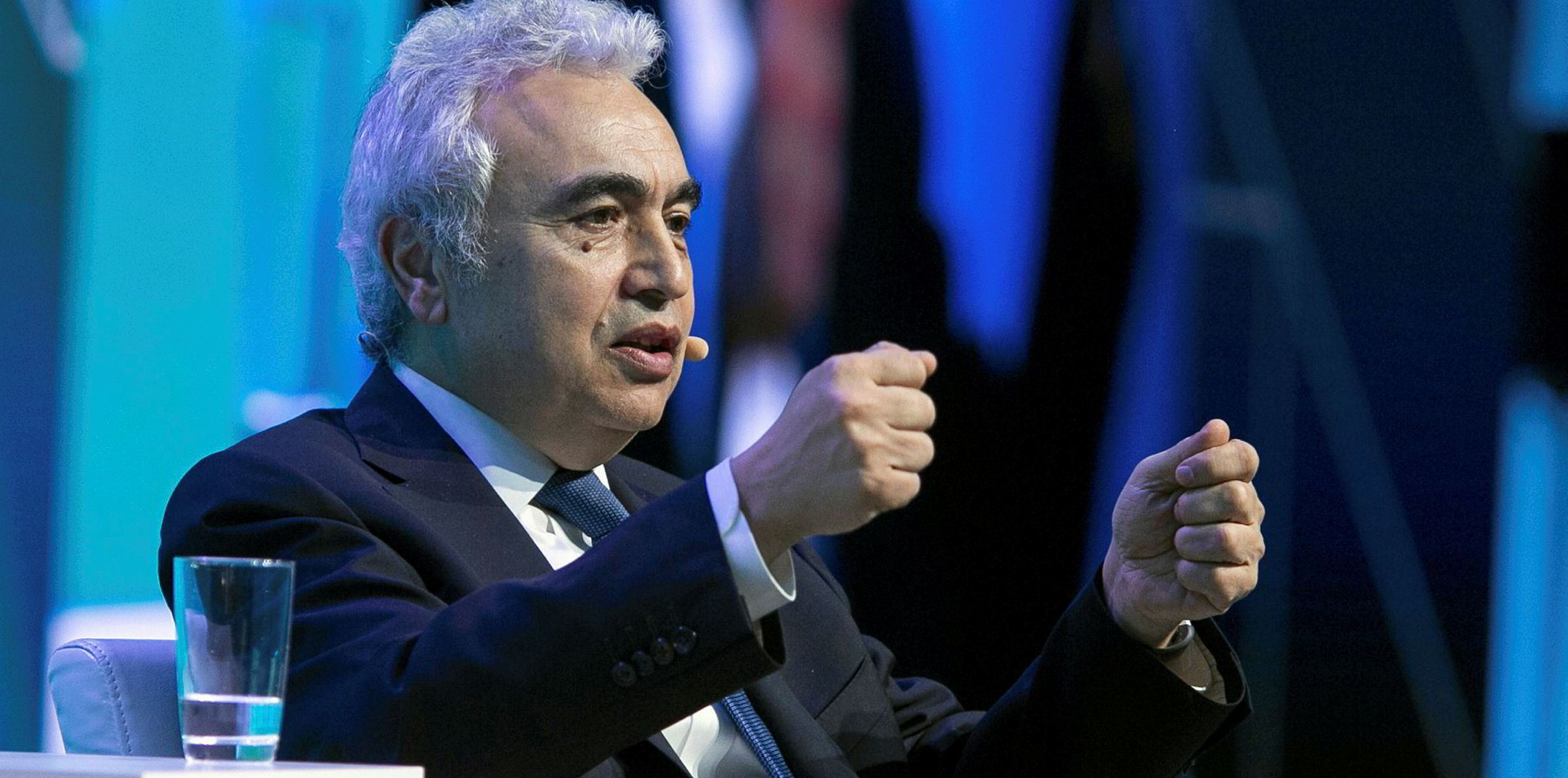Large-scale investment in renewable energy projects should be a cornerstone of the emerging national strategies to “firewall” economies against the impact of the coronavirus pandemic, the head of the International Energy Agency (IEA) has said.
IEA executive director Fatih Birol, speaking in a “virtual fireside chat” on Covid-19 and the future of the global energy system hosted by US think-tank the Atlantic Council, said the stimulus packages now being prepared by governments around the world provide an “unprecedented” opportunity to direct capital in accelerating the energy transition.
“Governments have to address [the financial impact of Covid-19] and build firewalls for the economies of their countries as millions of people are losing their jobs. Many of these government are in the process of preparing huge stimulus in order to provide for an economic recovery – in Europe, the US, Japan, it is everywhere,” said Birol.
“How these packages are going to be designed is going to be extremely important,” he said. “We should make sure that [after the coronavirus crisis] the global economy goes up but emissions go down. We can do that by providing the elements of clean-energy transitions in these stimulus packages.”
Birol, who has called on governments to build-in “large scale” spending on clean energy technologies including wind, solar, green hydrogen and carbon capture and storage, into their stimulus packages, stressed that renewables were now “much cheaper” than when governments invested to stave off the economic downturn in 2008’s financial crisis.
“Building wind [turbines] and solar [panels] will have positive spill-over effects on national economies … [as will] giving support to the manufacturing of batteries and hydrogen electrolysers. These technologies all need mass-scale deployment [for the energy transition].”
“Yes, we have a major problem with the coronavirus, yes, our economies have to recover but we shouldn’t forget we have another problem which is bringing global emissions down.
“In the next chapter, [financial] stimulus into the clean-energy transitions that will boost economies and the resilience of our energy systems must be at the heart of those packages,” said Birol.
He noted that the IEA was “working with many countries around the world that would boost economic recovery and accelerate the energy transition”.
The first, a $2trn stimulus package announced by the US, shut-out renewables, while in Europe heads of government said, in a joint statement, that the EU Commission “should start to prepare the measures necessary to get back to a normal functioning of our societies and economies, and to sustainable growth, integrating inter alia the green transition and the digital transformation, and drawing all lessons from the crisis”.




